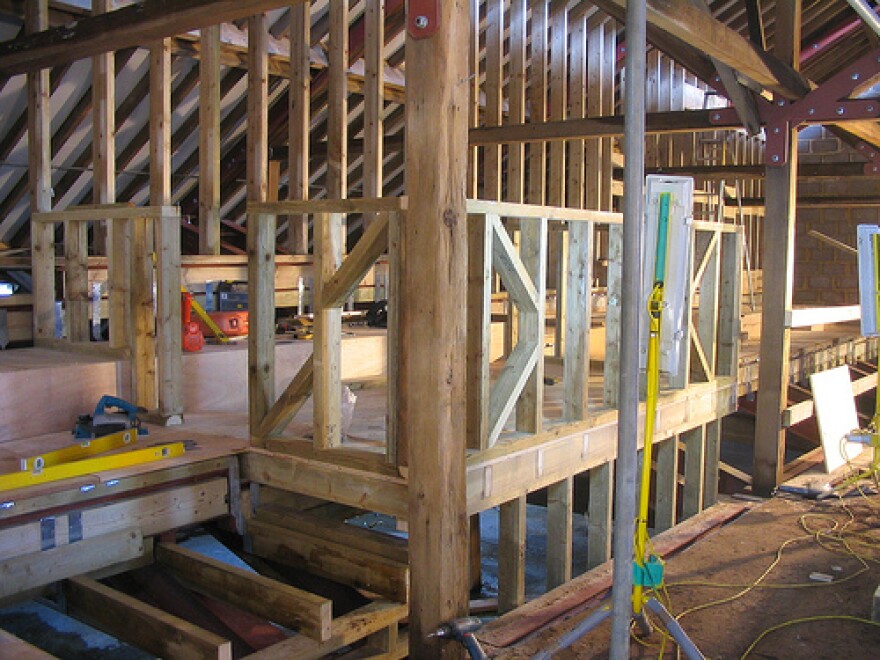This November, Austinites are being asked to approve a $65 million affordable housing bond. The money would go toward building and renovating affordable housing projects; purchasing land to build affordable housing on; and funding of ongoing affordable housing initiatives. You can see a sample ballot here.
But it was just one year ago that voters rejected a similar bond proposition.
With that recent loss, some have asked whether issuing tax-supported municipal bonds is the best way to fund affordability in Austin.
Dan Keshet blogs about municipal policy. While he says he may ultimately vote for the bond, he says bonds are the wrong approach to affordable housing. He argues that city-issued bonds work more slowly and less powerfully than private developers could with respect to building more housing – but only if city policies changed. “And that means a greater willingness to allow greater heights, greater density,” Keshet says.
With tweaked zoning and development rules, Keshet argues the city could create a bigger supply of housing, which in turn could help to bring down rents – creating a more affordable market overall.
But changing city policies is sometimes a long and difficult process. That’s why the Greater Austin Chamber of Commerce – one of the bond’s largest advocates – supports both longer-term policy changes, but also short-term initiatives like the bonds. “All of these things go into moving the needle on poverty and this is one of those many pieces,” says chamber vice-president Jeremy Martin.
That’s what supporters of the affordable housing movement are telling anyone who’s willing to listen – that the bond would move the needle in the right direction.
Walter Moreau oversees Foundation Communities, one of Austin’s most successful affordable housing providers. When KUT spoke to him in May, he said there’s more the city could do to incentivize affordable housing – but city dollars are still a necessity.
“I think we can do a lot through the land development code, through zoning, through density bonuses, through other policy-oriented things,” he said. “But we also are going to have to come up with capital funding, especially to serve the lowest-income folks. Otherwise, they’ll be priced out of Austin, and I think that hurts us a community.”
Early voting continues through Nov. 1.





